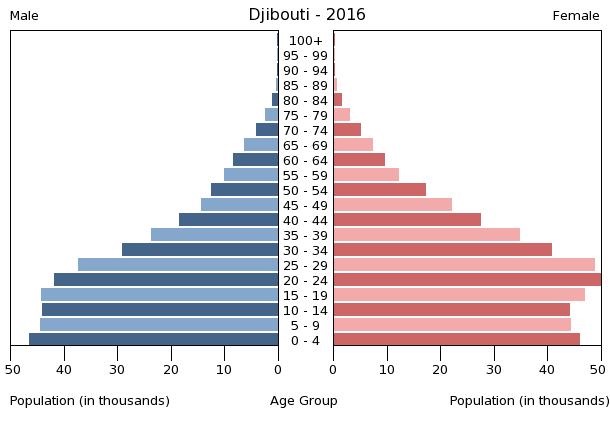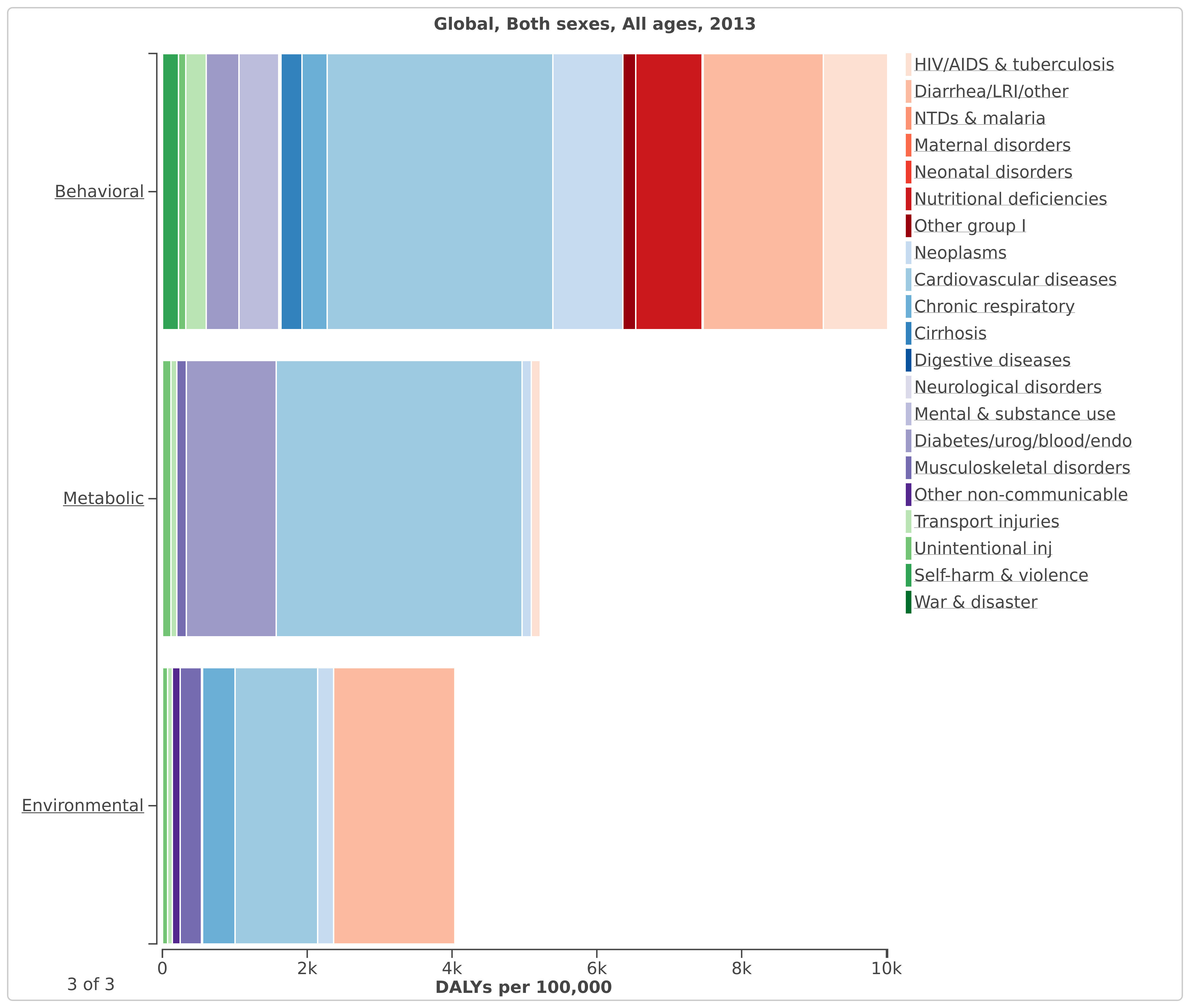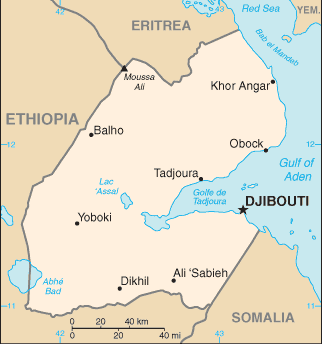|
Djibouti's climate is very hot, humid and arid, especially in the summer. The summer heat is moderated, however, by a sustained breeze in the coastal city of Djibouti. From October to April, the temperature is cooler, with occasional rain. Cyclones from the Indian Ocean create heavy rains and flash flooding. Most of the nation’s food must be imported. The economy is based on service commodities, and the strategic geographical location along the Red Sea serves as a transshipment location for the export and import of goods along East Africa. The bordering nation of Ethiopia represents up to 70% of the shipping activity. Resulting from Djibouti’s lack of resources, the urban unemployment rate soars to nearly 60%, and roughly two-thirds of the nation lives in the capital city. The remainder of the population mainly work as nomadic herders. Over 40% of Djiboutians live in poverty.

Life expectancy in Djibouti is 62.3 years, slightly higher than the average (60.3) for sub-saharan Africa

Significant causes of death include high blood pressure, smoking and high BMI, but also childhood wasting, pollution and unsafe water

Djibouti is in Eastern Africa and borders the Gulf of Aden and Red Sea, between Eritrea and Somalia
|